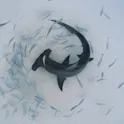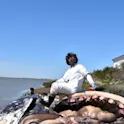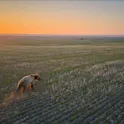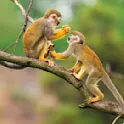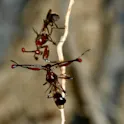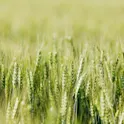Completing the timetree of primates: a new way to map the evolutionary history of life on Earth
In a new article published in Frontiers in Bioinformatics, biologists Dr Jack M Craig, Dr Blair Hedges, and Dr Sudhir Kumar, all at Temple University, have built an evolutionary tree that encompasses 455 primates, every species for which genetic data are available. The tree, the most complete of its kind, shows the evolutionary timescale of the whole order of primates, including monkeys, apes, lemurs, lorises, and galagos. In the following guest editorial, Dr Craig describes the steps of obtaining an almost complete timetree for primates and explains the value of such data.
